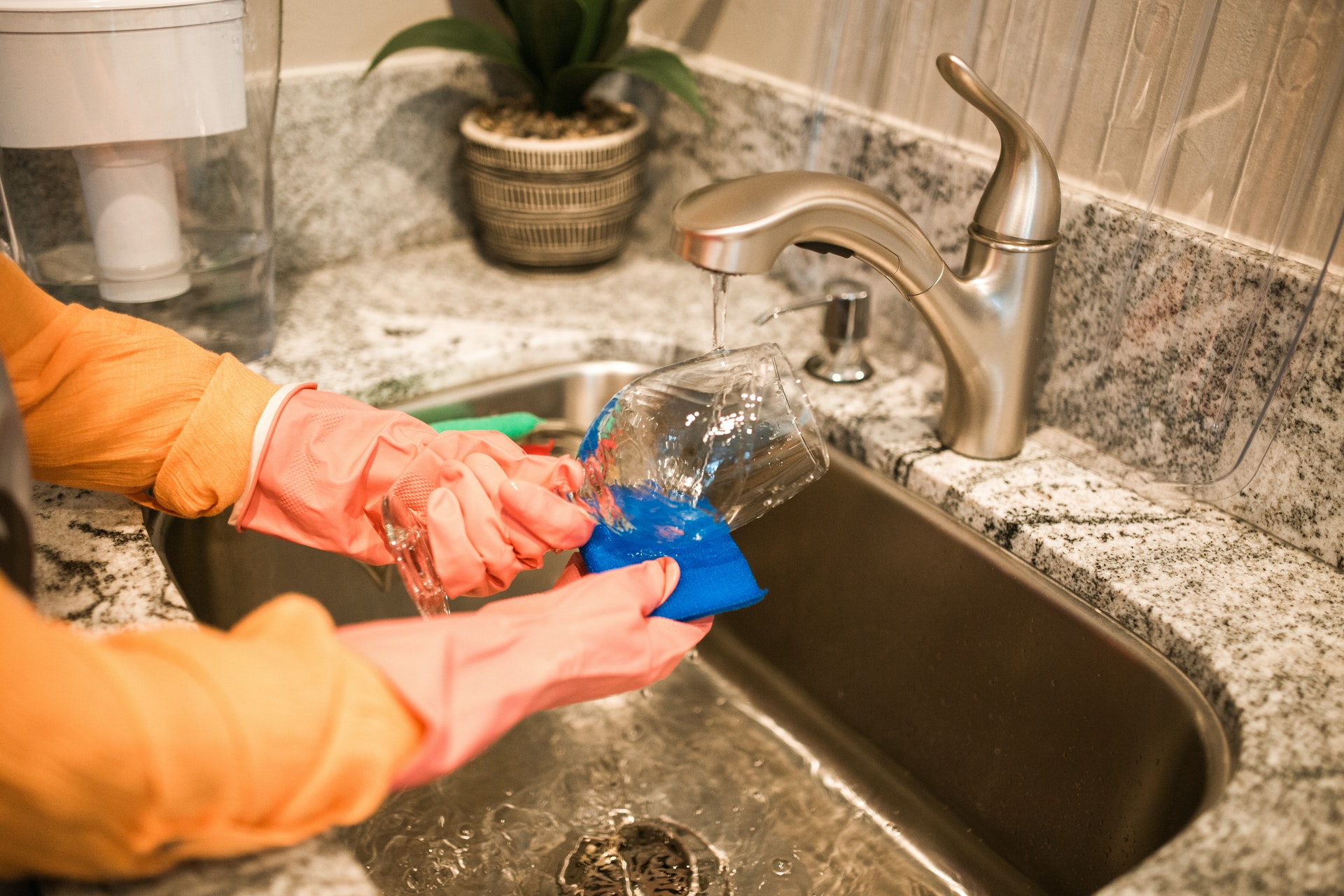
A plumbing emergency is caused by a blockage in the pipes. This can be due to objects that have been flushed down the toilet, hair, dirt, and other debris, or even tree roots that have gotten into the pipes. If you notice water coming up from your sink or bathtub more quickly than usual, or if there is a strong smell of sewage in the air, it is important to take all the precautions necessary. If you have a plumbing emergency, there are four immediate steps you should take.
1. Turn Off the Water Supply
This is the first step and maybe the most crucial one. To prevent flooding, you will need to turn off the water supply to the location where the issue occurs. If the issue is with the water heater, you will also be required to turn off the gas and the power. Because of this, any future harm that could have been occurring will no longer be an issue. Therefore, if you are dealing with an emergency scenario, such as a leak in the plumbing, turning off the water may also assist in avoiding damage to your property over the long run.
2. Open All Faucets and Valves That Are Close to the Area of the Emergency
This will help disperse any potential waterborne hazards that could spread and help quickly respond to the plumbing emergency. Additionally, open any faucets or valves that are connected to a drainage system to clear any standing water that may have accumulated. While responding to the plumbing emergency, be sure to wear gloves and safety goggles to avoid contact with hazardous materials.
3. Make an Immediate Call to a Qualified Plumber for Assistance
A qualified plumber can work on the problem immediately to find a solution and stop any more hurt or damage. After you have ensured that everything is secure, you should think about consulting with professionals. Always make sure that you have your phone on you, and always make sure that you follow the instructions that the expert gives you.
4. Maintain Your Safety While Waiting for a Trained Plumber’s Assistance
If you can do so, you should make an effort to restrict the quantity of water that enters the region. If you cannot accomplish this, you should avoid standing in water and keep away from regions with high water. You may use a broom or a vacuum cleaner to clear up any material that may have ended up in the water. Additionally, if you feel the scenario becoming worse, you should leave the place as soon as possible and raise an alarm to the people around you.
Taking these four immediate steps will help ensure a speedy resolution to your plumbing emergency and safety for everyone involved. Furthermore, it is important to know that you should not wait until it is too late to ask for help. Requesting assistance as early as possible will ensure the surrounding is protected from the situation.




